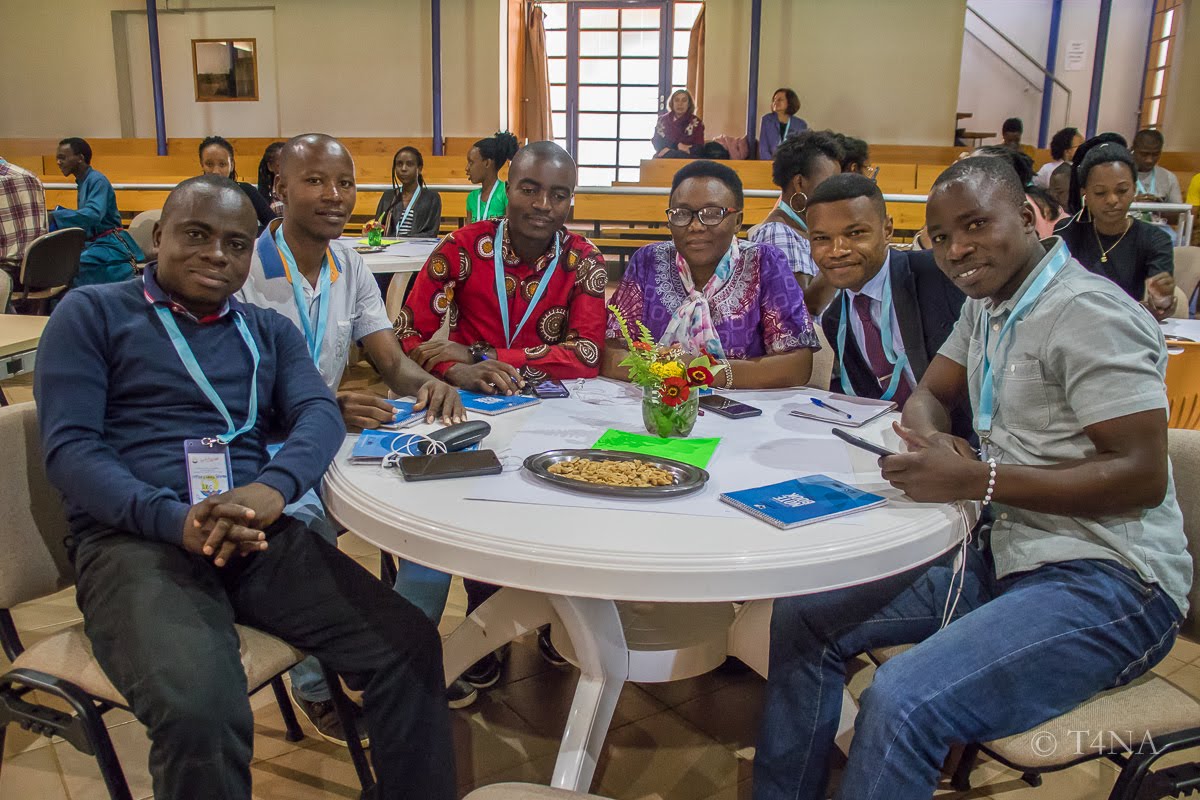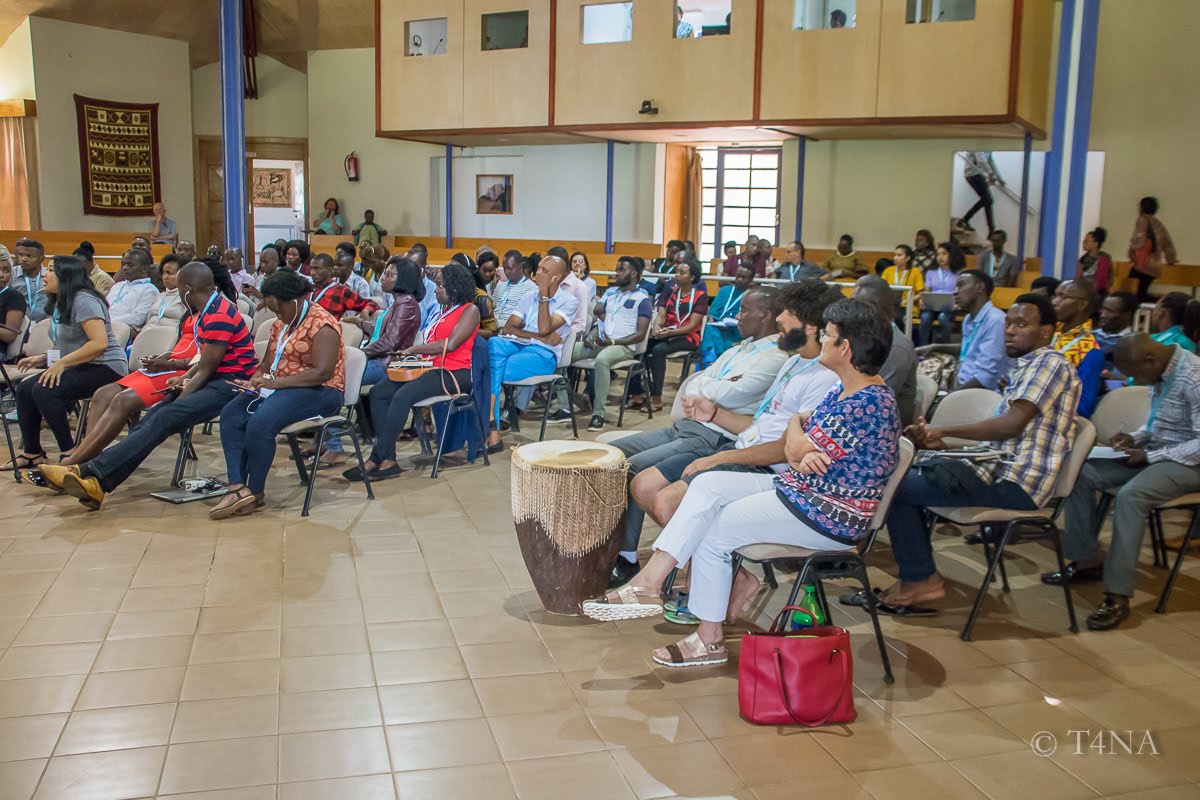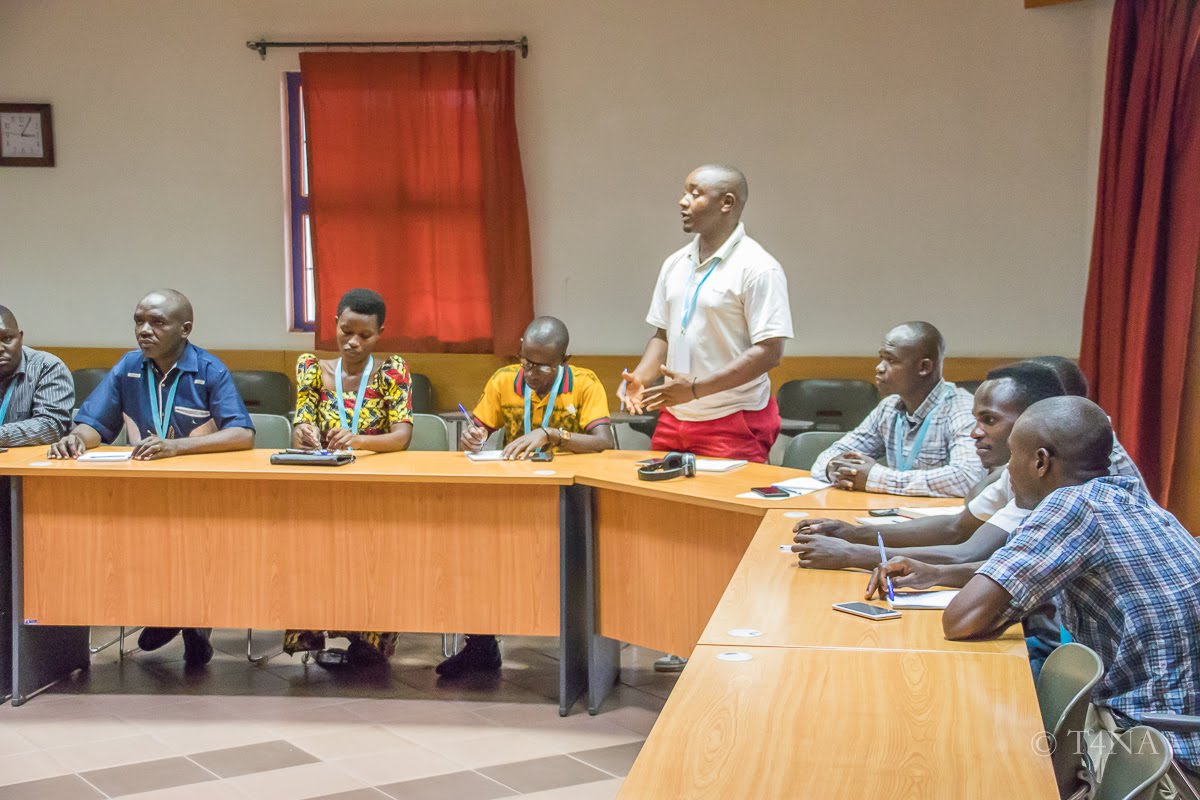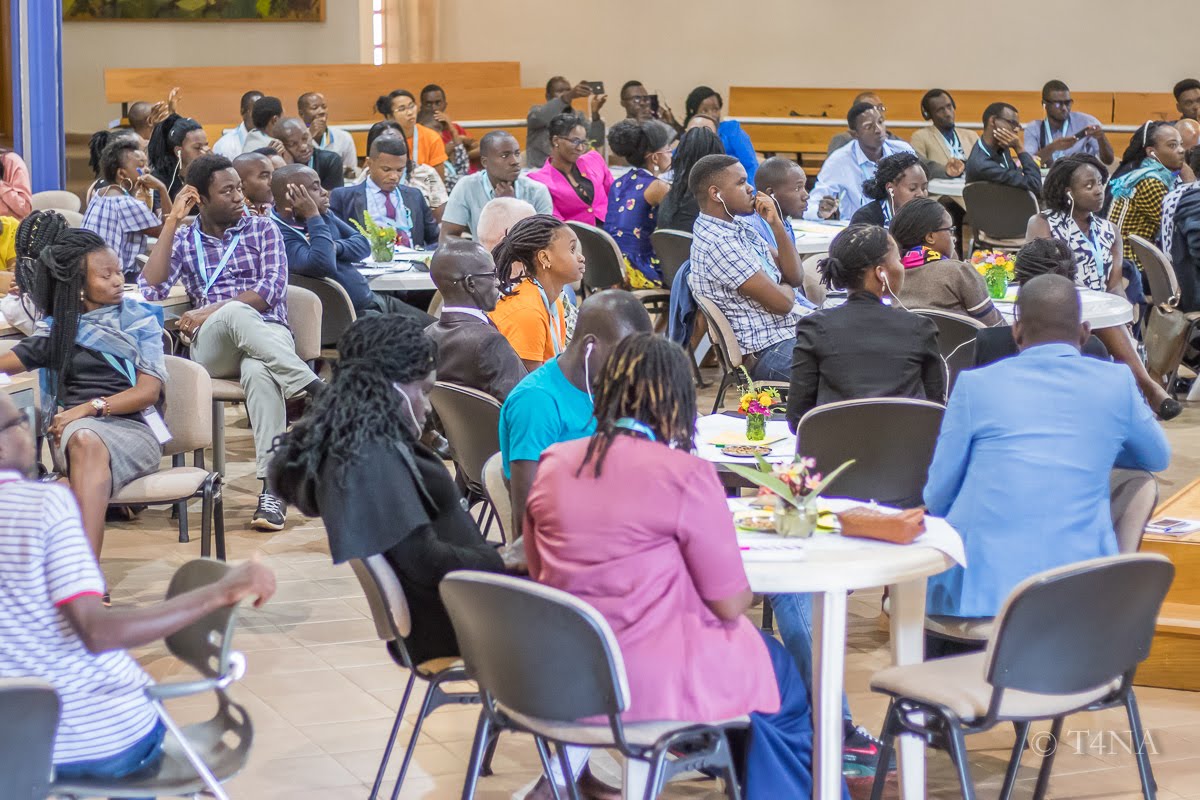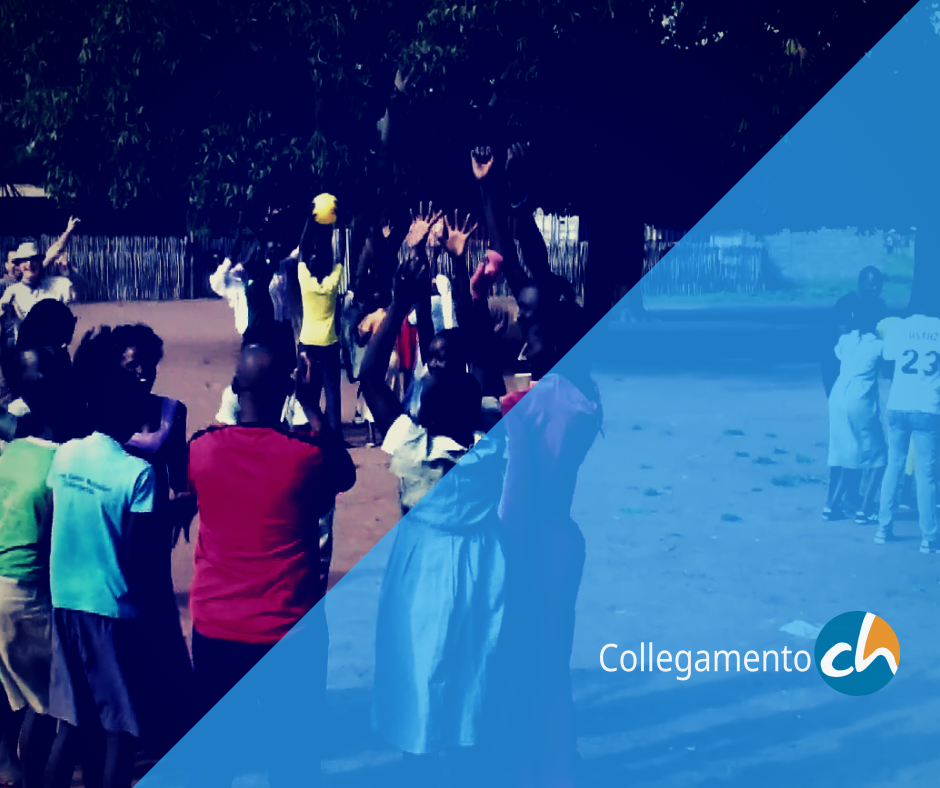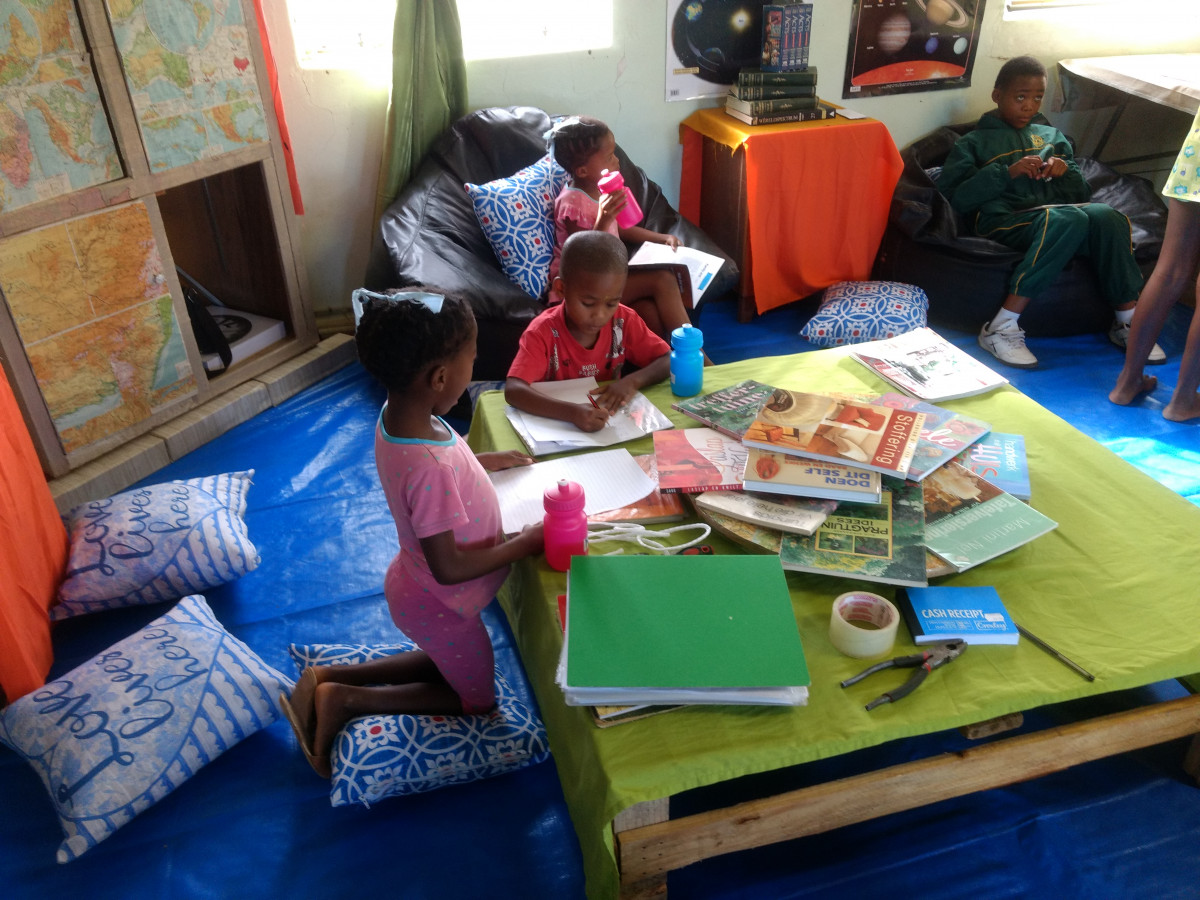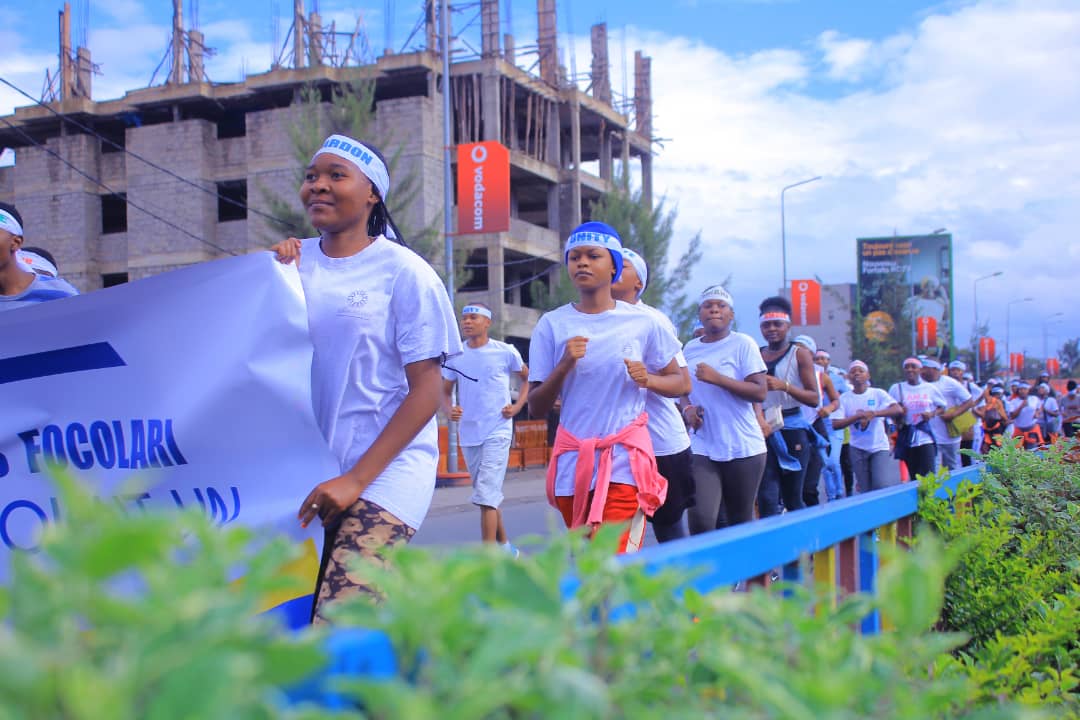
Workshop
“A better Africa can only result in a better world”
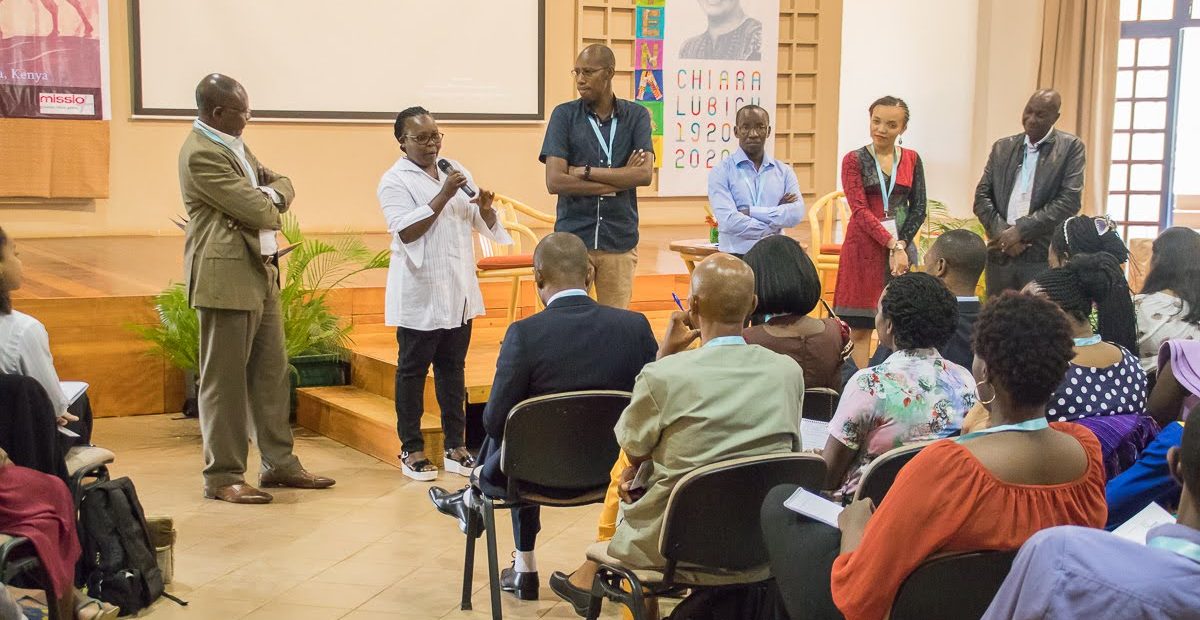
More than one hundred young people from 10 African countries gathered in Nairobi, Kenya, for the second summer school of the project “Together for a New Africa”.
From 27 December 2019 to 5 January 2020, more than 100 young people from East Africa (Burundi, Kenya, Rwanda, South Sudan, Tanzania, and Uganda), the Democratic Republic of Congo, Madagascar, Angola, and Algeria, gathered at the Focolare citadel “Mariapolis Piero” in Nairobi, Kenya, for the second summer school of the project Together for a New Africa (T4NA).
African identity and leadership for unity was the central theme of this second phase of the project. It was approached from different perspectives, in order to generate a “deeper understanding of ourselves as individuals, as people from Africa, and as human beings who share a common identity with all humankind,” as stated in the introduction to the Pact, signed by the participants at the end of the summer school.
The summer school that recently ended is the second of three stages of interdisciplinary training, focused on leadership and civil and cultural engagement under the motto: Together for a New Africa. This project, addressing about one hundred young people from East Africa and the Great Lakes region, includes activities at different levels (educational, political, social, solidarity-based, and economic), with training courses combined with local activities in each country and shared networking. It is a pilot project clearly intended at expanding over time to other regions of the Continent, but starting by creating a center of excellence for leadership in the continent, based in Kenya.
Natacha (Madagascar), a student from the Sophia University Institute (Florence, Italy) who is participating in the project, explains that in this second phase she perceived a greater maturity and an evolution compared to the first cycle. “In the first phase there was a lot of enthusiasm, but in this second phase I perceived an improvement, especially in the contents of the school. This year we focused on identity and leadership, so we reflected on being African today, but also on how to be a leader who is able to understand and respond to the current needs of the Continent. The lessons were very interesting, but the same applies to the various workshops, because they allowed us to reflect on Africa and leadership with various methods and techniques. At the end of the school, my impression was that the participants were more self-confident in facing the activities at national level that await them. In this lies the continuity of the project.”
The pact mentioned above “is a very important part of the experience we live at ‘Sophia’ – explains Natacha – and it is an element that we have also included in the T4NA project. Last year, we made the Pact at the beginning of the school, but this time, we renewed it at the end, for it to correspond to the program and to put the leadership and the issue of identity into perspective. The latter, in fact, if we are not careful, can be understood as a division, like the slogans we are increasingly used to hearing: ‘America first’ or ‘Italians first’. For this reason, we immediately underlined the concept of a ‘united world’, because knowing one’s own identity does not mean ignoring the rest of the world, but rather bringing one’s own contribution and uniqueness, which we believe to be a great wealth.”
Here is one of the most interesting passages of the Pact signed by the participants at the end of the summer school:
“We have come to the conclusion that Africa cannot exist in isolation and that our community identity does not exclude the rest of humanity. […] It follows that our commitment to transform Africa is in fact an attempt to create a better world for all. A better Africa, an Africa governed by democracy where social justice and transparency become a reality, can only result in a better world. This is the transformation that we are all committed to achieving. In this direction, therefore, inspired by our better understanding of who we are, we return to the task of achieving transformational leadership in our communities, in our countries, and on our continent and, in so doing, transforming not only Africa, but the whole world.“
We have high hope for the next phase of the project, which will be the closing of this three-year training cycle. “For the last part I expect more concrete things in national activities. Then, regarding the content of the project, I expect a greater maturity and more techniques to improve everyone’s leadership, if we believe that it is possible to learn leadership and improve it. I also expect a common project for everyone, because during these three years we have built real friendships among all the participants, so it would be good to make them into a common project for all of us,” concludes Natacha.
